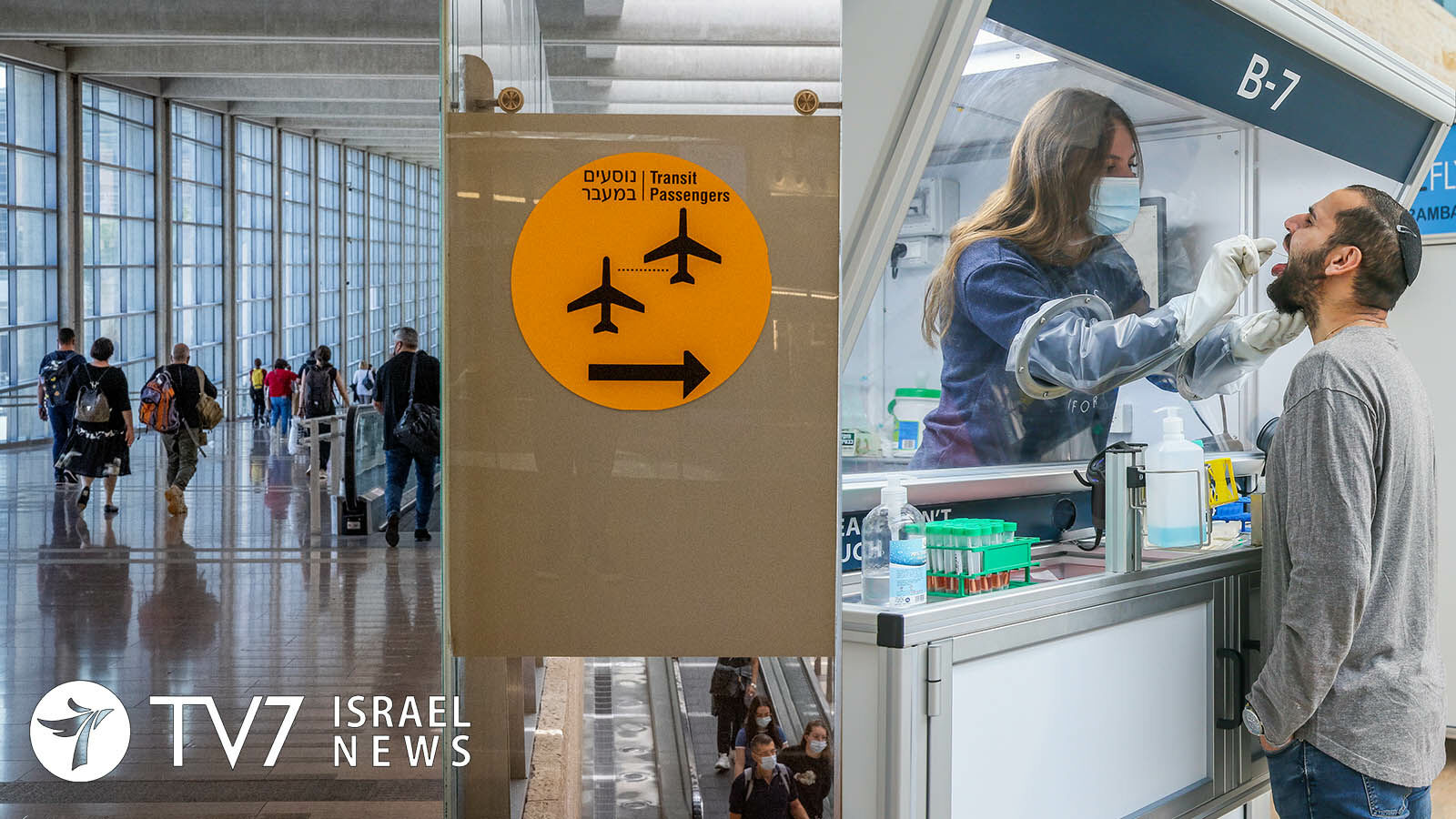Israel and the United Arab Emirates have signed a “green corridor” agreement to allow the free entry of passengers vaccinated against the coronavirus to travel between their two nations.
By Erin Viner
The memorandum of understanding (MOU) was signed by the Israeli and Emirati Health Ministers.
Noting “another great achievement” in the burgeoning relationship between the two countries, Israel’s new Embassy in the UAE announced the news on Twitter yesterday.
Since historically normalizing ties in the 2020 Abraham Accords just last year, the two countries have signed multiple cooperation deals across all economic, security, travel, scientific, technological and cultural fields.
Israeli Minister of Tourism Orit Farkash-Hacohen told the Khaleej Times that Jerusalem expects to welcome at least 100,000 Emirati tourists this year alone.
“While the West struggles with vaccine hesitancy, the UAE and GCC (the Gulf Cooperation Council alliance with Bahrain, Kuwait, Oman, Qatar and Saudi Arabia) countries have accepted vaccines with open arms for a return to normal activity,” championed a staff-authored OpEd that appeared in the UAE’s daily English language newspaper today.
“With a swift vaccination campaign that has now covered close to 90% of the population with two doses,” the Dubai-based paper described the UAE as “a bio bubble, a hub of activity with tourism, trade and sports activity picking up.”
Israeli Prime Minister Naftali Bennett expressed similar confidence in remarks at the start of his weekly Cabinet meeting on Sunday.
“The foreign relations of the State of Israel are gaining momentum. This government is opening many news doors in the world for the State of Israel and we are – of course – strengthening the existing good relations with many countries. It always makes one happy to see how appreciated our country is and how much we have to contribute to the world,” said the Premier, emphasizing that, “A good example of this is the coronavirus issue.”
Israel’s handling with the pandemic has served as “a model that is of great interest abroad,” said Bennett, while going on to unveil the creation of a new ₪10 billion plan (about $3,118,481,000 or €2,687,995,000) economic and medical contingency fund to combat any future COVID-19 waves in the country.
